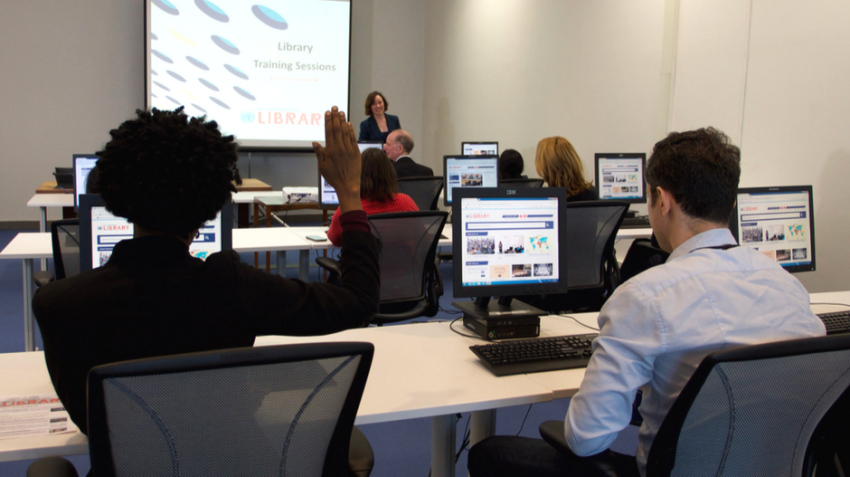Disarmament and demobilization are crucial parts of peacekeeping operations. Women in armed groups need to be considered for effective transformative justice measures to take hold.
Working with women, particularly those in forced marriages, requires complex and careful handling to avoid perpetuating violence, as economic pressure and social constraints limit their choices.
More than Just Victims
Structural constraints, socio-cultural biases, and stigma, such as the perception that gun holders are predominantly men, have historically caused disarmament, demobilization, and reintegration (DDR) processes to focus primarily on male combatants. This often overlooks the unique experiences and needs of female ex-combatants and women associated with armed groups.
Equating women with victims or assuming they occupy only non-combat roles hinders women from accessing essential reintegration support. Such assumptions minimize women's presence, agency, and experience.
While women are undoubtedly victims of violence, reducing them solely to this role hinders proper reintegration.
Tailored DDR Programmes and Support
Separate processes may be necessary for women to avoid further stigmatization. Tailored DDR programmes for women and distinct initiatives for girls, focusing on psychosocial support, livelihoods, education, technical guidance, addressing gender- and conflict-related sexual violence, basic health needs, and providing legal frameworks on issues such as forced marriage.
Supporting Women is Supporting Peace
Reflecting women's diverse roles in armed groups and reframing DDR as a peacebuilding tool, prioritizing human security, reintegration, tension reduction, and long-term social cohesion over militarized approaches.
Shifting the narrative is crucial to recognizing women's diverse roles in armed ecosystems and ensuring they receive the necessary support and opportunities for reintegration into society.




